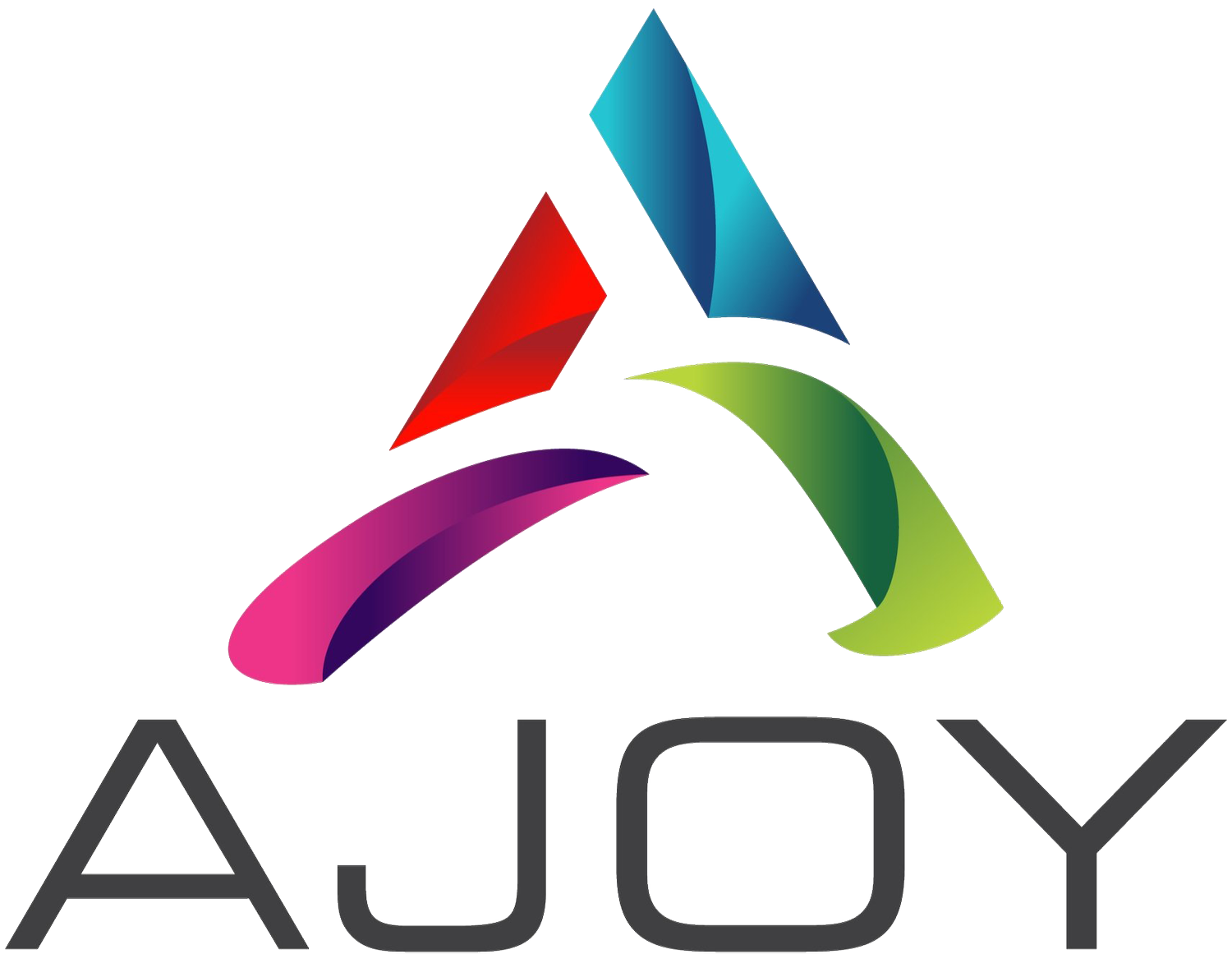What is Accounting Really?
What is Accounting? Let’s Consider an Alternative Definition
Reading the title of this article, you probably immediately thought of numbers and spreadsheets. And you’re right … to an extent. Accounting is indeed the “process of recording, classifying, and summarizing financial transactions.”
But we’re here to tell you that there’s actually so much more to accounting – especially when it comes to running a business. In fact, we want to define it altogether differently.
We believe that accounting is accountability.
In other words, it’s a willingness to accept responsibility for your actions. As a business owner, your role is to establish a repeatable process that will generate money, whether providing a service or manufacturing a product. And you will need to be accountable for all aspects of the business operations that make it successful.
Which Areas Should You Zero In On?
It’s critical to build and continually optimize certain processes as you grow your business. Let’s take a look at several of them – see below:
Data Reporting Processes: It’s crucial to have effective ways to share analytics and the progress of the business with others, including your team members, executive board, customers, investors, and so on.
Distribution Processes: You must set up a reliable way to get your products and services to your customers – undamaged and in a timely manner. You can start off doing this yourself, but as your business grows, you might consider a fulfillment center. If you sell a service, you must be sure that you (or other team members) show up and know what they are supposed to do every time!
Income Processes: Another procedure you’ll want to quickly set up is a way for customers to pay you for your products and services. This process should be streamlined so all customers pay you in the same way, you can capture their important information, and, most importantly, their payments go directly into your company’s bank account (instead of sitting in third-party apps that aren’t insured). It goes without saying that this is important if you want your business to be profitable – and to simply survive.
Inventory Processes: Customers won’t return if you don’t have the product they want in stock when they order it. These inventory-related procedures will ensure that you have the necessary items available when they’re needed.
Manufacturing Processes: It might sound somewhat obvious, but you must establish procedures around whatever products or services your company sells or manufactures so you can sell them over and over again. Without this in place, your organization won’t have anything to provide its customers.
Payroll and Payment Processes: Determine what mechanisms you’ll use to 1) consistently pay your employees on time and 2) pay contractors and third-party entities for their services. All payments - whether to employees or contractors - must be tracked so your company remains compliant with tax filings and issuing W-2s and 1099s at the beginning of each year.
Profit Sharing Processes: How will your company share its profits (if this applies to your type of business)? Outline exactly how you will achieve this – whether you’ll be sharing with partners, co-owners, or investors. For example, will everyone receive their cut quarterly or annually?
Sales and Marketing Processes: Developing effective sales and marketing strategies and tactics will help you attract new customers, which is clearly critical to your company’s long-term sustainability and success. If a business doesn’t sell or market, does it really exist? Not for long.
A Final Word from Tuesday P. Brooks, Owner of AJOY
To be a successful business owner, you simply must hold yourself accountable. This means understanding that there are certain things you have to accomplish (like the items mentioned above!) Plus, you should always hold yourself accountable to your team, partners, clients, and board members – and, without fail, be honest and full of integrity.
So, ultimately, accounting is so much more than just counting cash and setting up a bookkeeping system. It’s also about managing and regularly analyzing it, communicating your numbers and insights to the right people, and generating enough income to cover all your expenses and pay your employees and contractors. It’s about creating repeatable processes so your business can continue to grow and thrive. In the end, it’s all about accountability.

